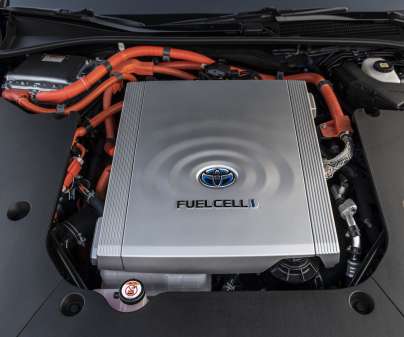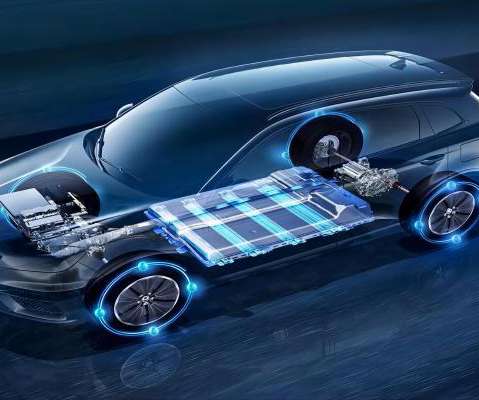Toyota introduces second-generation Mirai fuel cell electric vehicle as design and technology flagship
Green Car Congress
DECEMBER 17, 2020
For 2021, Toyota has fully rebooted the Mirai, originally offered in 2016, as a premium rear-wheel drive sports-luxury fuel cell electric vehicle (FCEV) with striking design, cutting-edge technology, more engaging driving performance and a significantly longer EPA-estimated range rating. Ah, compared to 244.8v Ah in the earlier car).





















Let's personalize your content